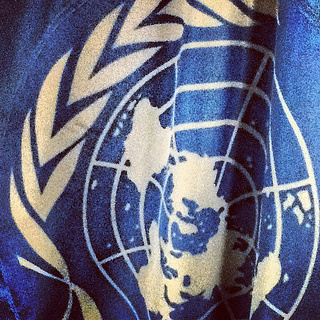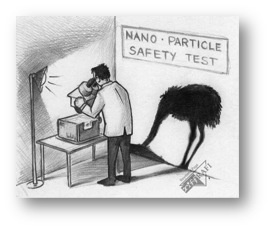In October 2010 in Nagoya, Parties to the CBD adopted a landmark decision to place a moratorium on the testing and deployment of geoengineering technologies (Decision X/33 para 8w) – recognising the particular threat to biodiversity and livelihoods. That moratorium marked the first time an international body had begun to establish oversight over this new field.
From 8th - 19th October 2012 the CBD will be meeting again at COP11 at Hyderabad India. ETC Group proposes that parties meeting in Hyderabad adopt an “ABC” of precaution:








